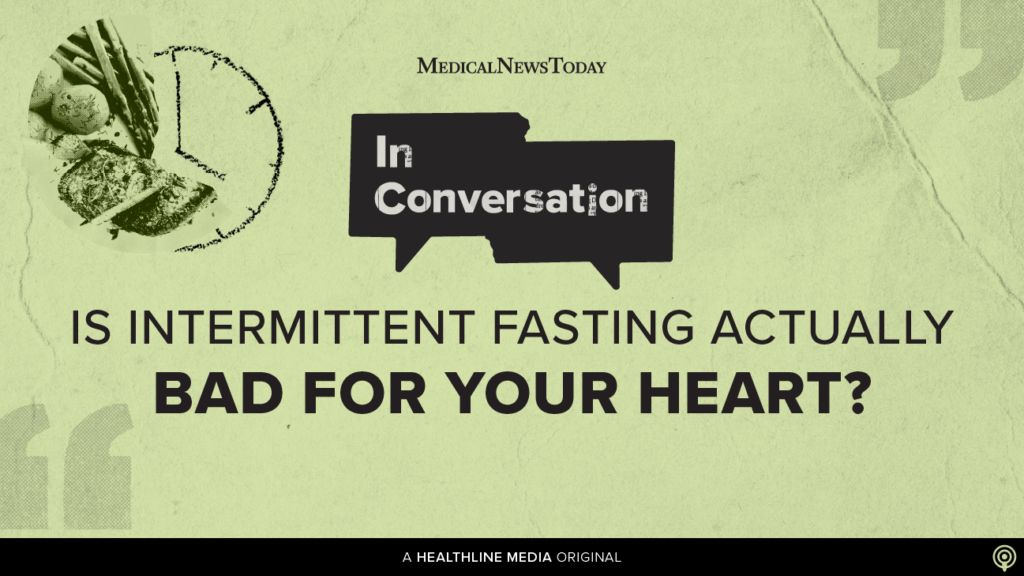The proponents of intermittent fasting often cite benefits such as weight loss, improved blood sugar, and reduced cholesterol. And there is some scientific evidence to support these claims — at least in the short term. But what about intermittent fasting’s effects in the long run? And could it actually do more harm than good for the human heart?

Intermittent fasting is a rather contentious topic when it comes to health and well-being. While there are studies that point to its short-term benefits such as reduced cholesterol when people eat within a 10-12 hour window, or an improved gut microbiome in people with obesity, there is some
Some studies have also shown that intermittent fasting can help
Considering that time-restricted eating is a relatively new area of research, experts agree that there is a lack of long-term studies on the effects eating practices such as intermittent fasting have on the body, in particular the cardiovascular system.
In light of of these recent controversial findings, Feature Editor Maria Cohut and I sat down to discuss all things intermittent fasting in the latest instalment of our In Conversation podcast.
Joining us was Ali Javaheri, MD, PhD, assistant professor of medicine from the Center For Cardiovascular Research at Washington University, who helped us answer questions, such as: “How does intermittent fasting affect the body?”, “Is it safe for everyone?”, and “What should we keep in mind if we decide to practice it?”
Listen to our podcast episode in full below or on your preferred streaming platform.


